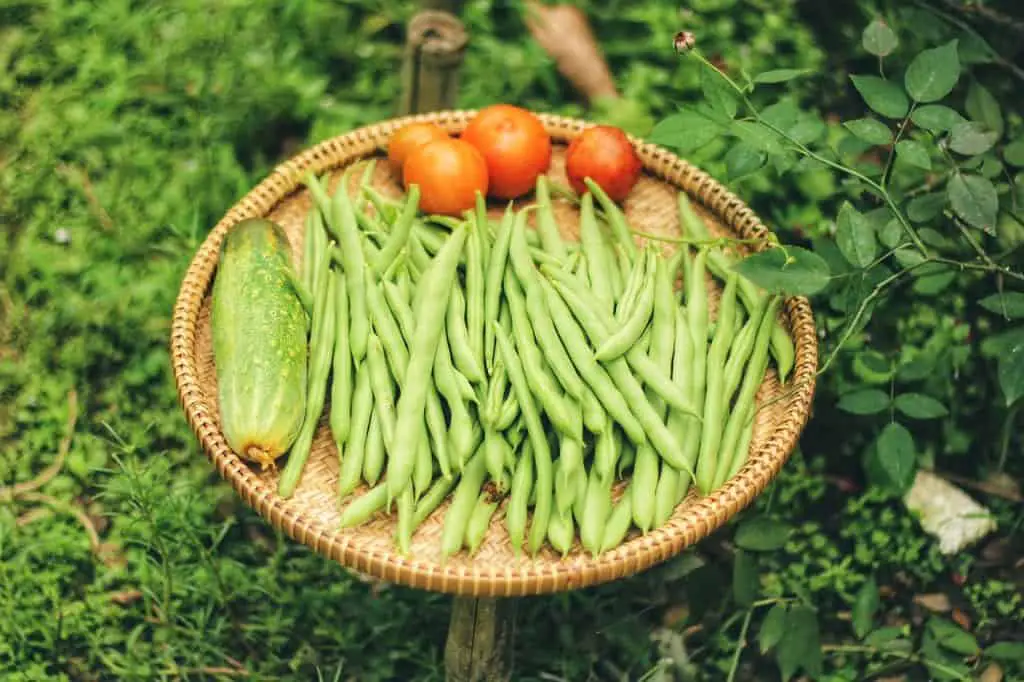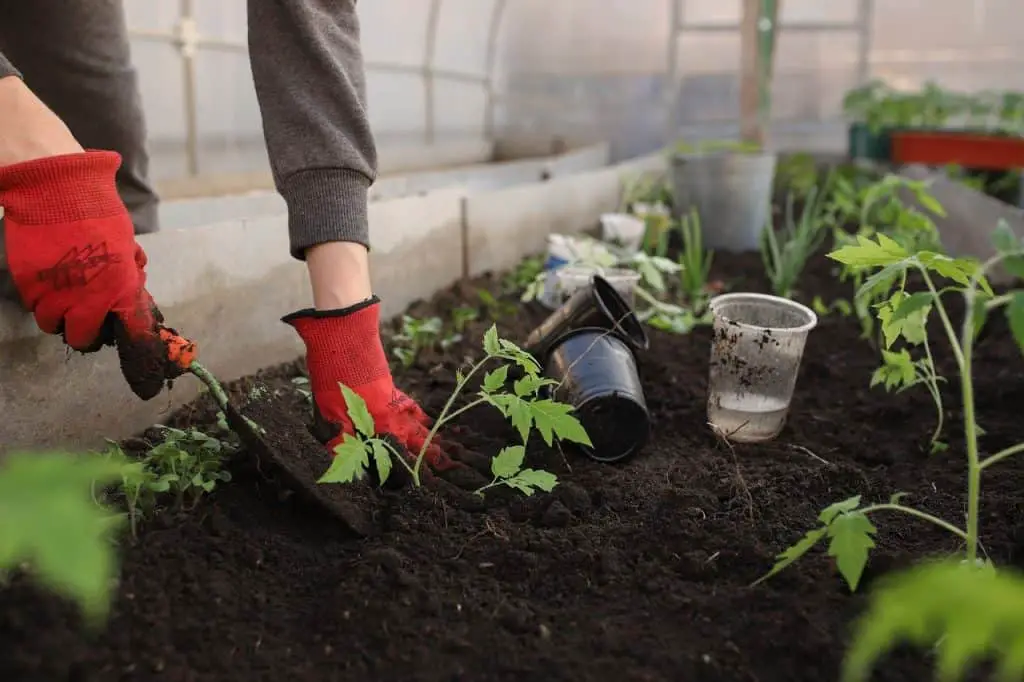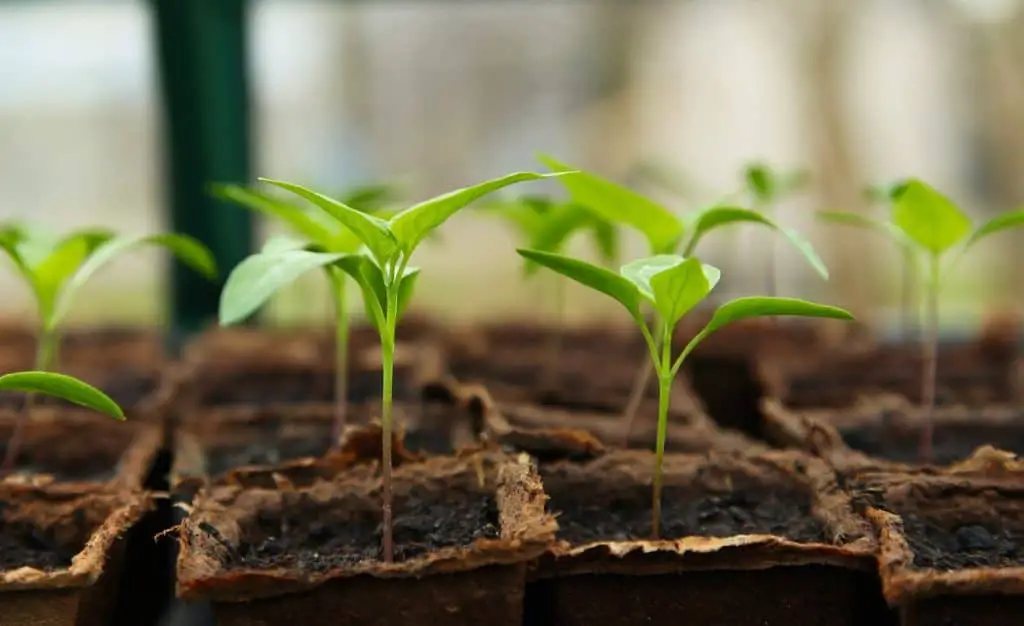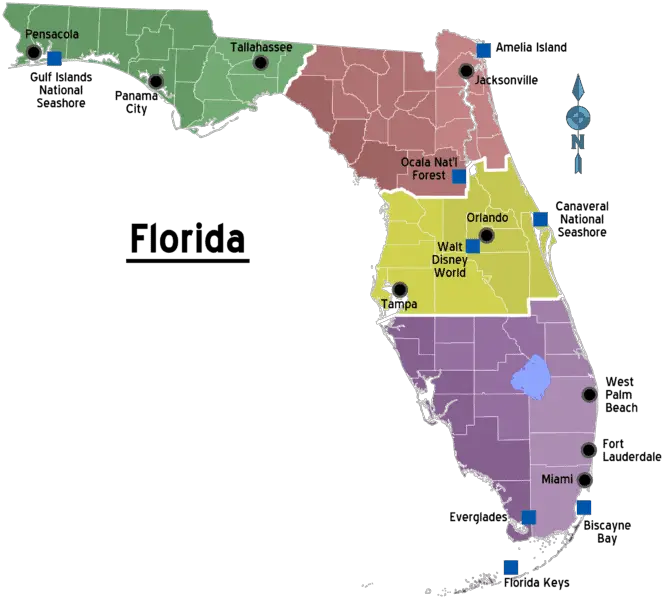Florida is a wonderful state for gardening vegetables. This is thanks to its subtropical weather conditions, including the temperate and showery seasons. This makes it a good place for gardening your variety of vegetables. Despite these favorable weather conditions when gardening in Florida, there are some important factors to consider if you are planning to run after gardening in your vegetable garden.
Some of the factors to put into consideration include:
1. Get to know Florida’s vegetable growing zones
This is important because planting vegetables is different between growing zones. The zones differentiate the climatic conditions of where a particular vegetable will thrive and adapt. Florida is divided into eleven planting zones.
Each zone has an identification number.
Therefore, depending on the zone that you are in you can know which vegetable is best grown there.
2. When to plant a particular vegetable

This is where you chose what vegetable to plant easily through the four different seasons. These seasons are summer, spring, winter, and autumn.
Spring that occurs from February to May would be good for cool-weather vegetables. These vegetables are lettuce, broccoli, cauliflower, and okra.
Although spring in Florida can be dry at times, you can keep your soil wet through irrigation from time to time.
Winter and Autumn are dry seasons. During this season, irrigation is required in moderation.
This is because the cold weather together with water can freeze and wither many vegetables.
Summer temperatures are normally high, therefore, humid. Peppers and herbs are some of the plants in the garden during this season.
For you to choose the right plant and when to do your planting, a planting schedule will help.
3. Vegetable problems
It is advisable to know some of the problems that vegetables face during the growing season.
Examples of the problems with growing vegetables include;
Lack of seed germination
- This is caused by the environmental state. These states could be, cold, dry, wet that is in excess.
Wilting
- Lack of or too much water causes wilting. Too much fertilizer, sunrays, and pests. All this requires moderation.
Poor Yield
- This originates from incorrect weather. It may include the absence of pollen grains
Diseases
- Diseases are caused by microorganisms such as fungi. Research on how to treat and prevent them.
5. Learn crop rotation and companion
Rotation is done by making sure that you don’t plant the same plant twice in the same piece of land. Some vegetables thrive well together.
6. Take good care of your garden box and lawn
A happy lawn translates to good yields. Proper maintenance such as cleaning, and lushing is advisable. Weed your garden to protect your plants from fighting for nutrients with the weeds. Remember to enrich your soil with manure.
7. Growing vegetables throughout the year
Gardens can be grown year-round in Florida. despite this, autumn is the ideal season in the Sothern part of Florida. garden design is very paramount.
8. Garden ownership in Florida
It is legal to have a garden in Florida. This is after the enactment of Statute 604.71. in 2019 that was adopted then. The statute affirms that no county, township, or other local government development in Florida can control vegetable growing on residential premises.
The statute safeguards the right to garden food for an individual and their family for consumption. However, in some parts, front yard gardens are illegal and attract a penalty of up to $50 a day. Backyard vegetable growing is allowed in these cities.
7. The best month to plant vegetables in Florida
The most fitting time to garden and begin vegetable growing in Florida is generally in September and March. Although, the specific timing will differ relying on your location in the state and the type of veggie that you wish to grow. The two main gardening seasons are during Fall and Spring.
8. Plants to grow in Florida in April

April is the best month to grow warm and chilly season plants in Florida. examples of crops to grow during warm seasons are; beans, cucumbers, okra, southern peas, sweet potatoes, and summer squash.
Transplanting tomatoes, peppers, and eggplant this month is recommended especially if you are purchasing the seedlings from a local nursery.
9. Preparing soil for a vegetable garden in Florida

A flourishing garden is more dominant than everything alongside having truly good soil. Good soil prevents pests since poor soil yields weak plants which are susceptible to pests and captivate them. Besides, beneficial microorganisms in good soil assist in stopping plant diseases.
10. Steps of soil preparation for gardening in Florida
- All the plants that were planted during the summer season are mixed under and given time to rot thoroughly.
- After, weeding is done to remove weeds that would fight for nutrients with the plants that you want to grow.
- Add the composted manure that has been completely rotten into the garden together with a considerable quantity of marshland.
- The garden is then plowed thoroughly and the improved elements are thoroughly mixed. After, give the soil at least one week to rest before the actual sowing.
- At this time the marshland has started reducing the pH level of the soil. During sowing time, if important, add a thin layer of kitchen compost on top of the soil and mix it slightly.
- Alternatively, the kitchen rot can be put directly to the dug holes where you will transplant your seedlings or feed afterward to the plants around their bottom.
- It is important to note that weeding and thorough rotting of the compost is to prevent soil from dissipating energy to rot them when brand new seedlings are set in.
- Dissipating can badly impede plant growth. In addition, the sun is required by vegetable gardens for a minimum of eight hours a day.
- The early morning sun is perfect as compared to late day rays. It is recommended to use the timings advice for planting your seedlings.
- Adding compost and a considerable coat of mulch is very crucial in maintaining the wetness of the soil.
- Only use the recommended fertilizers for your plants whether during planting or after as a top dress. Harvest your veggies when ripe. Don’t wait for too long as they will wither or rot.







